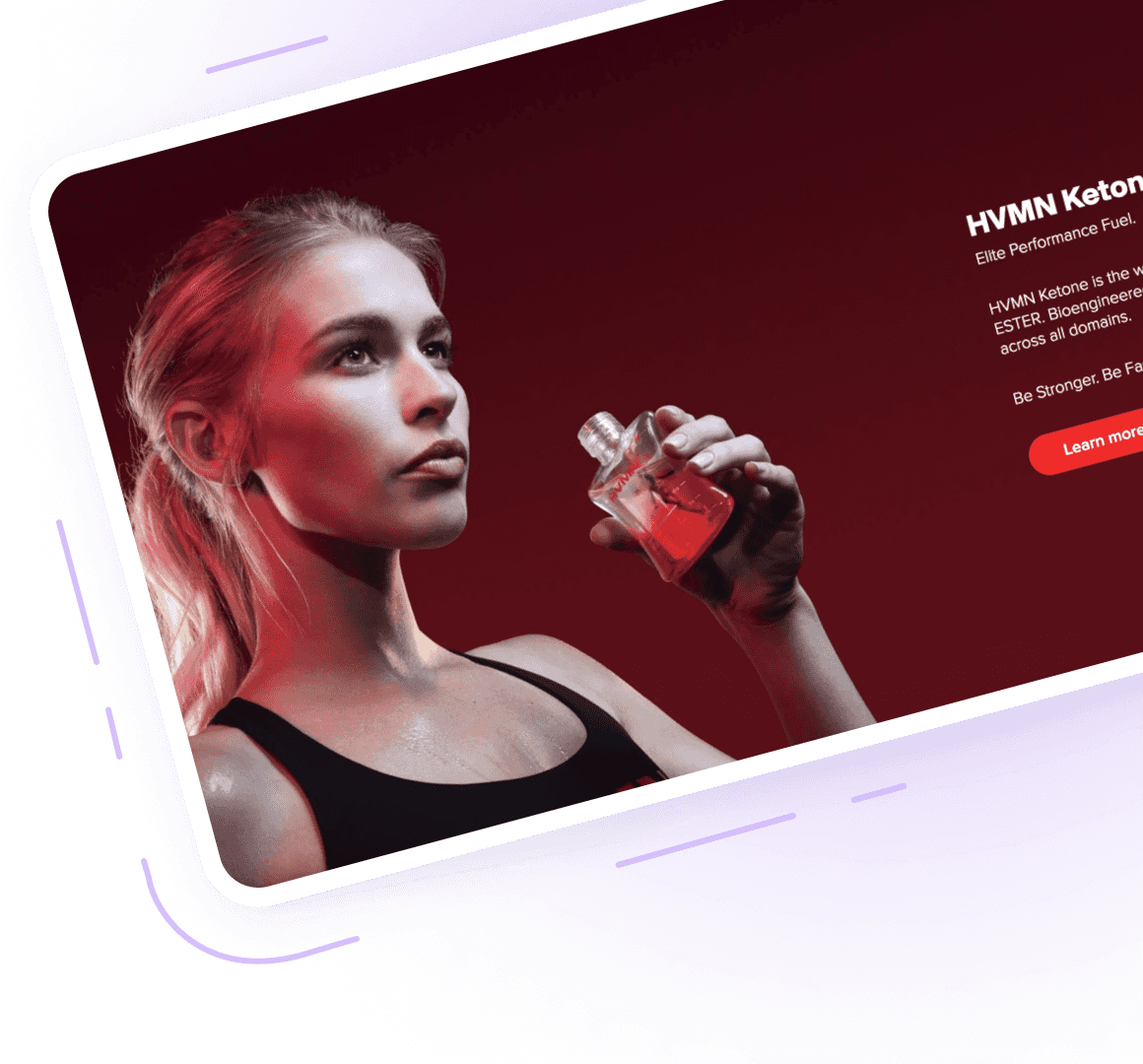- Services
- Solutions
- MVP-Calculator
- Portfolio
- FAQ
Custom mobile application development servicesWe create mobile apps that bring our clients engaged users and revenue. Start your project in 7 days and get new features every 1–3 weeks.
Web development services we deliver
.
.
Our expertise in custom mobile app development
E-commerceWe make e-commerce apps with features like search, catalog, wish list, reviews, ratings, AI bot, personalized offers, and third-party integrations (payment gateways, order/inventory management systems, data analytics, etc.). Open a new sales channel with a user-friendly e-commerce solution.
Let’s talk
about your projectSpeak with one of our experts.
We’d love to dive deep into details!
about your projectSpeak with one of our experts.
We’d love to dive deep into details!

